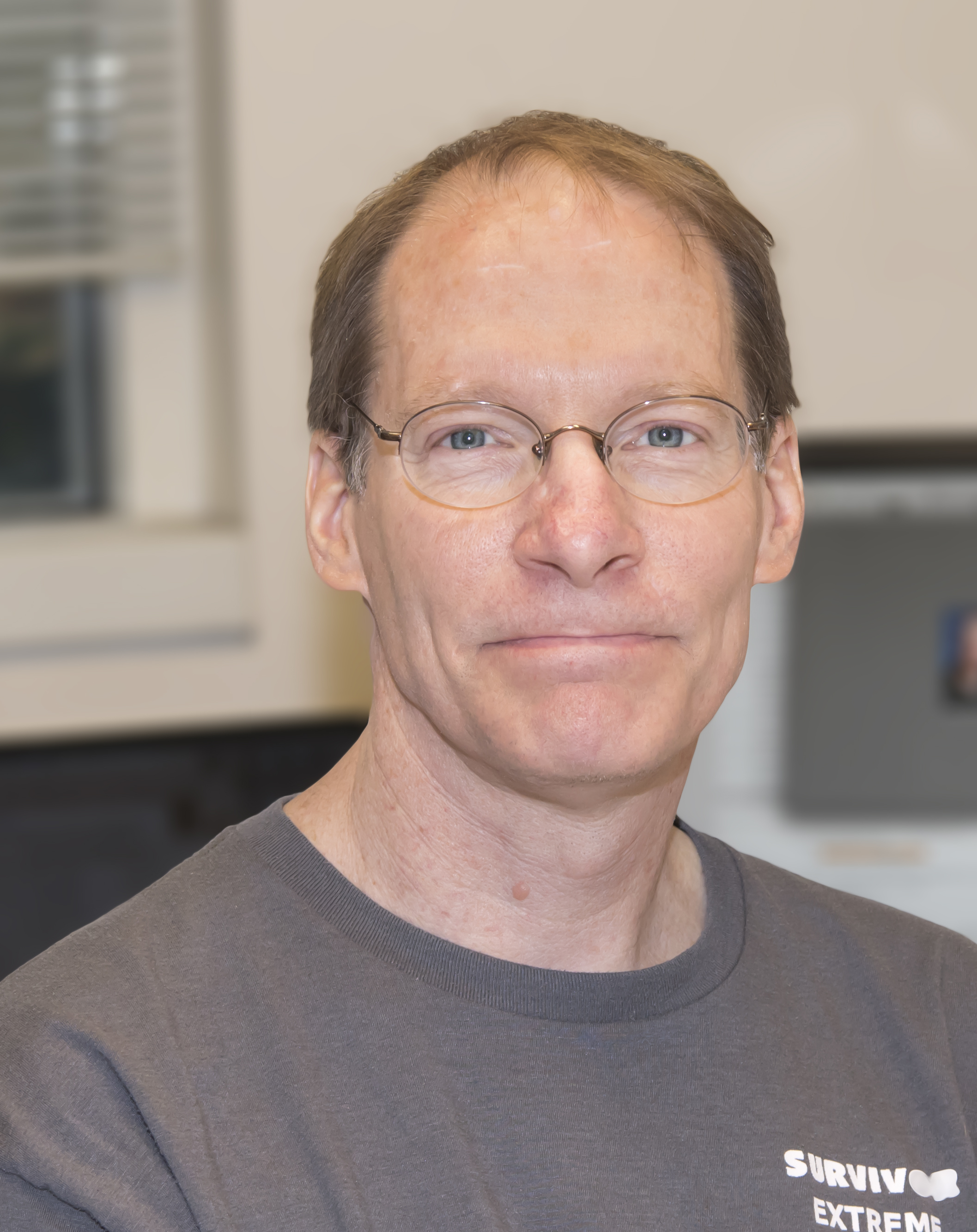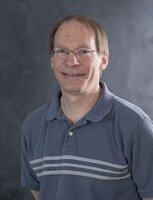
Nine University of Illinois Urbana-Champaign faculty members, including microbiology professor James Imlay, have been named university endowed chairs or professors, an honor awarded to highly distinguished scholars for their excellence and prominence in research, teaching, and service.
James Imlay is an international leader in the field of oxidative stress and his research throughout the last 35 years defines our understanding of oxidative damage, with relevance to all cells that live in the presence of oxygen. He, along with Klara Nahrstedt, a professor of computer science, were selected as Swanlund Endowed Chairs. The Swanlund Chairs recognize current faculty members at Illinois who have made exceptional contributions in their fields.
Imlay’s research has led to a greater understanding of oxidative stress, particularly in bacteria. Oxygen is a reactive chemical that was absent when life evolved, and its presence poses a problem for contemporary organisms, many of which are poorly equipped to cope with its toxic effects. Studies of the model bacterium E. coli have identified the molecular injuries that oxygen and its derivatives, superoxide and hydrogen peroxide, can create.
This work has also revealed a wide variety of strategies by which cells defend themselves against it. In higher organisms, this damage/defense dynamic has been proposed to underlie important phenomena such as carcinogenesis and aging (and given rise to the popular notion of “antioxidants”). But microbes, which cannot control their environment, are particularly vulnerable to oxidative stress: some of them cannot live in habitats that contain any oxygen at all, while pathogens must somehow resist the reactive oxygen species that the host immune system wields against them. These various phenomena can be understood and manipulated only in light of the molecular mechanisms that underpin them.
A fellow of the American Academy of Microbiology, Imlay has been a member of the Department of Microbiology faculty since 1992. He served as associate director of the School of Molecular & Cellular Biology’s graduate program from the founding of the school in 2000 until 2023. He co-teaches the graduate core course in biochemistry and the graduate ethics course and has been named to the university’s List of Teacher’s Ranked Excellent 17 times. He received his bachelor's degree in chemistry and English from Duke University and a doctorate in biochemistry from the University of California, Berkeley. He completed his postdoctoral research at Duke.
“An endowed chair is among the highest honors bestowed to faculty at our university,” said Vice Chancellor for Academic Affairs and Provost John Coleman in a university press release about the appointments. “The remarkable accomplishments of these scholars make them leading and field-shaping voices in their respective fields. We are grateful for their role in making our university one of the best in the world and for the societal impact of their work across the nation and across the globe.”
An investiture will be held at 4 p.m., Feb. 27, at the Alice Campbell Alumni Center.
